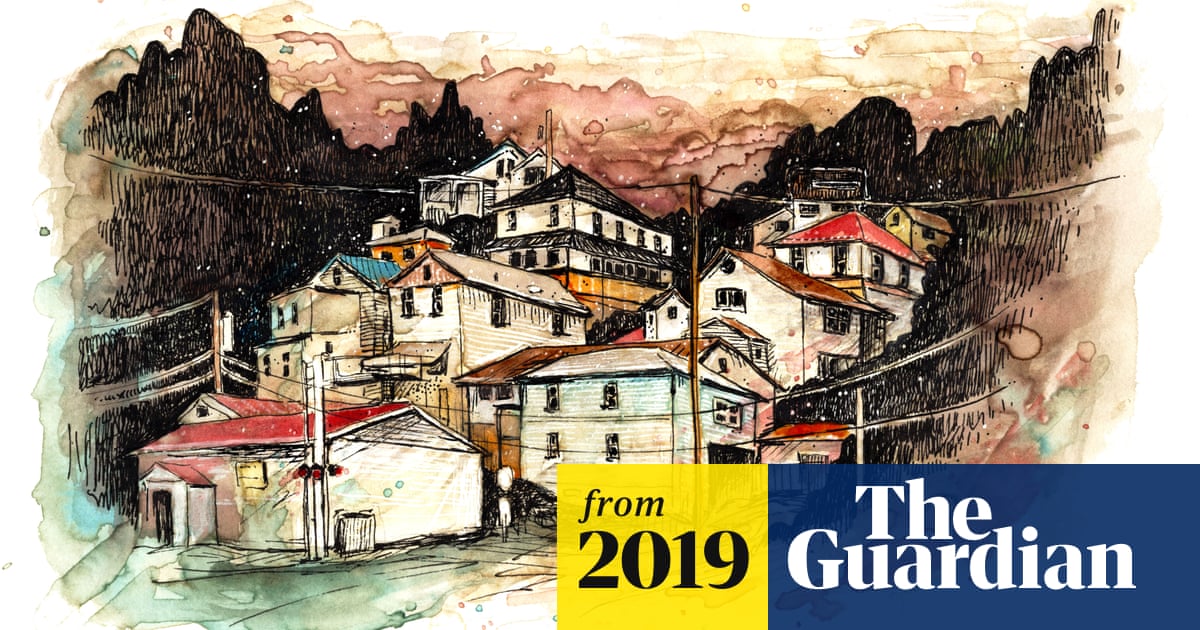Which is to say, "drugs" is a ridiculous catchall that puts nominally harmless substances in the same category as the stuff that causes real physical and social issues, and the health effects can place a burden on our healthcare system.
Exactly. Cigarettes are somehow treated as "good and fine" despite the additives being thrown in to give a greater "kick" and make them more addictive. Opioids are addictive enough to lead to an epidemic of addicts. How we draw the line is arbitrary, and I absolutely want to see that change.
It seems the choices are binary: jail or rehab. Why not a third choice of simply leave people alone.
If some guy and his wife want to take shrooms and get freaky on the weekend in their own house, then why bother them.
I think it boils down to: When does a situation deserve intervention. Not all drugs are as harmless as your examples, but enough are that we are definitely over-criminalizing drug use. For me, I still favor decriminalization (and regulation), but I'm also open to the idea that if an
addict is coming into contact with law enforcement where that addiction is playing a part in either them being down and out, or keeping them down and out, that pushing towards rehab
is an acceptable outcome. If the "stick" of a misdemeanor is needed to get people the help they need, so be it. I don't honestly know exactly how to strike that balance.
I don't care of some guy and his wife takes shrooms in their own house, but I'd also expect that they aren't coming into regular contact with law enforcement as a result, either. When we talk about overdoses on the rise, these are situations where intervention is a lot easier to warrant, because clearly something went off the tracks and nearly killed a person.
Cannabis is legal in almost half of the US, but still can't be researched because it is illegal federally. This would be an easy fix but there is still the stigma surrounding it so I figure Alabama will be legal before the federal government acts.
Well aware, and it's part of the problem. We've walled it off not based on actual harms, but scaremongering that turned into policy. I want us to be able to research and understand the benefits and harms so we can make more useful policy decisions.
I was in HS in the early 80's and college in the mid 80's right in the middle of the "War on Drugs". Nancy Reagan & Just Say No and "This is your brain" commercials. So my friend got popped with a baggie of weed on his way to a fraternity retreat. Just about lost everything. Arrested, kicked out of college, threatened with real jail time for "distribution" and the shame he felt from disappointing his parents.
Yeah, that's absolutely BS, in my book.
And you can pin a lot of the opiates/opioids problems on big pharma. When I was in WV a pill mill got busted for opioids, specifically Oxy. So while the pill mill was the one who got busted, the pharma companies should have stopped it. There is no reason to sell 30M, yes 30M pills, into a few towns who's population is under 3,500 people. Was no one watching this? No one paying attention?
My tongue-in-cheek reply to this is to ask: Isn't this the sort of environment that companies are looking to cultivate when they oppose regulation of their industry, though?
My more serious reply: I agree on the origins of the problem, however, the question then becomes, how do we get the folks who are now addicted help? Especially if the addiction pushes them to make irrational choices? Some will actively get help, and that's good, but others can very well wind up in situations where they won't, and it can get worse, leading them to encounter law enforcement for
related reasons. I would hope
those folks can get into a treatment program rather than having the book thrown at them. And it's possible we need
some stick to do it, if the carrot alone isn't enough to overcome the effects of the addiction.
 www.documentcloud.org
www.documentcloud.org

